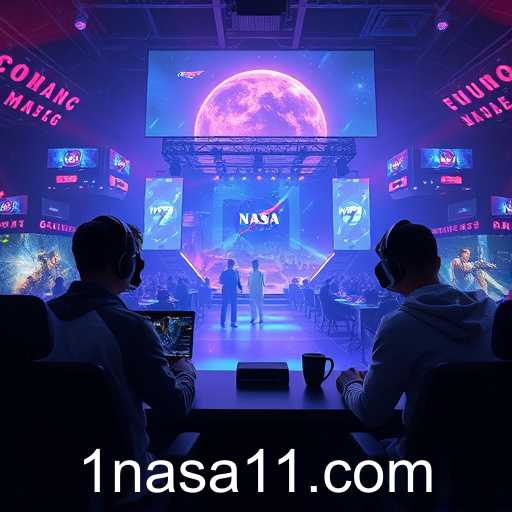In recent years, the intersection between gaming and space exploration has become increasingly prominent, reflecting the technological advancements and innovative collaborations evolving across industries. A unique exemplar of this trend is the online platform 'nasa11,' which cleverly merges the thrill of gaming with the wonders of space science.
The gaming website 'nasa11' leverages both modern gaming technology and data sourced from NASA to create immersive experiences for users. Players can engage in virtual missions that replicate real-life space expeditions, providing both educational content and thrilling gameplay. This integration not only entertains but also educates players about space exploration, inspiring a new generation of enthusiasts and potential scientists.
In 2025, as digital technologies continue to advance, the role of websites like 'nasa11' becomes more significant. By utilizing real-time data from space missions and incorporating this into interactive games, these platforms provide users with a hands-on understanding of complex scientific concepts. It also allows players to appreciate the challenges and triumphs of space travel, fostering an informed public that supports further exploration initiatives.
The dynamics of such a platform highlight a broader trend wherein gaming is utilized beyond mere entertainment. It serves as a conduit for learning and experience-sharing, offering insights into how space agencies collaborate with the digital entertainment sector. This synergy brings forth numerous opportunities—not only to enhance educational outreach but also to drive public interest and investment in space research.
As we forge further into the 21st century, the continued collaboration between agencies like NASA and the gaming industry hints at a promising future for STEM education. With platforms like 'nasa11,' the boundaries between learning and playing are increasingly blurred, seamlessly incorporating fun with foundational knowledge. We anticipate more gaming platforms to adopt similar models, paving the way for innovative educational tools that effectively harness the allure of the virtual to encapsulate real-world phenomena.








